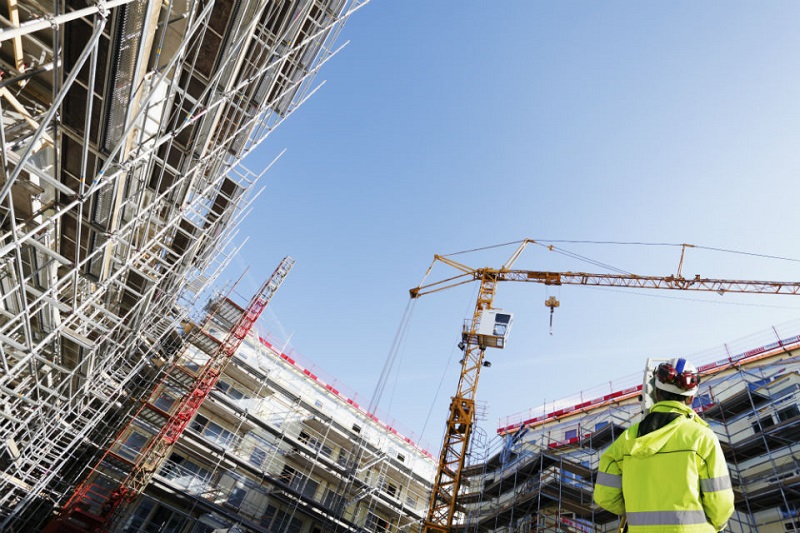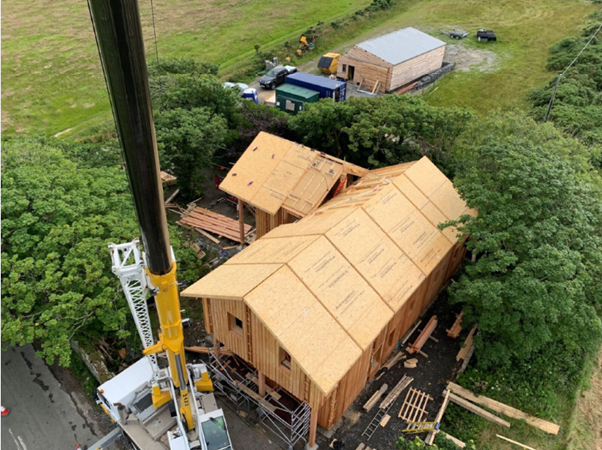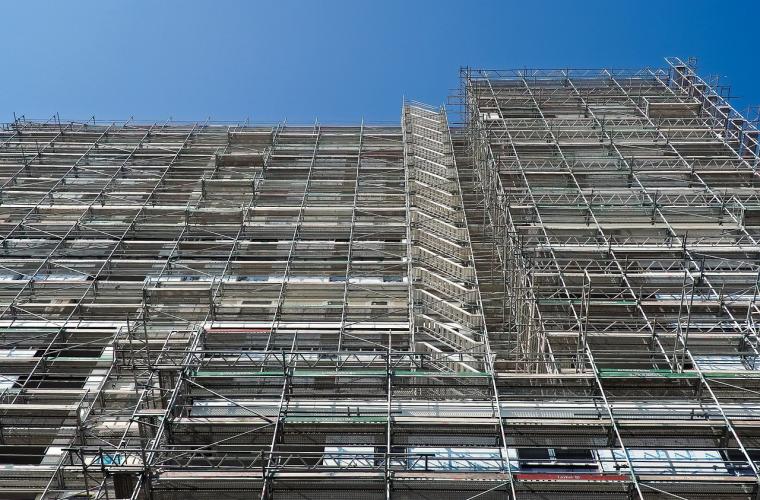New work output in the construction industry will not reach pre-pandemic levels until 2027, according to new analysis from the Building Cost Information Service (BCIS).
As part of its quarterly data briefing, BCIS has revealed its short and long term forecast for UK construction – and the outlook remains challenging as the industry continues to grapple with the impact of Covid-19, Brexit and the war in Ukraine.
It comes as the official ONS figures on construction show that monthly construction output is estimated to have increased 0.8% in volume terms in October 2022; this is the fourth consecutive monthly growth, with October 2022 being the highest level of construction output (£15,248 million) since records began in January 2010.
Anecdotal evidence continues the narrative around the increased prices for certain construction products, however annual price growth is starting to ease from the high level in mid-2022; despite the current high prices, the construction industry is maintaining growth, and new orders books remain strong.
At the sector level, five out of the nine sectors saw a rise in October 2022, with the main contributors to the monthly increase seen in private new housing, and non-housing repair and maintenance, which increased 2.9% and 1.7%, respectively.

But, according to data collected and analysed by BCIS, total construction output has only just reached pre-pandemic levels, largely driven by growth in the repair and maintenance sector – but new work output is still below 2019 levels.
Dr David Crosthwaite, Head of Consultancy Services at BCIS, said: “Our forecasts suggest new construction work output won’t return to pre-crises levels until late 2027 – that’s almost eight years of no real growth in the sector.
“Stagflation is a very real possibility, not only in our sector but across the wider economy. Little or no growth coupled with high inflation is a very poor environment for construction investment.
“The positive news is that it appears supply constraints are easing, leading to costs and prices stabilising in the long run.
“We think inflation has peaked and we could be over the worst of it – all eyes are now turning to the length and depth of recession.”
Commercial construction - the biggest sub sector in the industry – has seen the largest decline in output over the past two years, with growth predicted to be minimal through to 2027, as requirements for retail and office space have fundamentally changed since the pandemic.
BCIS also predicts a slowdown in the private housing sector over the next couple of years before a rebound – but output is still expected to remain below pre-crisis levels.
Dr Crosthwaite added: “The repair and maintenance sector will continue to grow, but sectors reliant on new investment will stagnate, as well as those relying on public spending and government borrowing.
“Infrastructure output has grown and is predicted to continue – and spending may be used as a stimulant to boost the wider economy.”
Material cost increases have far outstripped labour cost increases, but BCIS forecasts material costs to decline and return to trend during 2023. Labour cost increases are expected to persist for slightly longer, returning to trend in 2025.
High energy-use components, including steel, concrete and plasterboard, as well as specialist labour, are expected to continue to experience inflationary pressures until the energy crisis is abated.
David added: “Price increases are slowing, suggesting we’re past the peak of the inflationary problem.
“The industry should be congratulated for weathering the economic headwinds over the past few years reasonably well.
“Our market conditions index suggests the impact of the latest crises have been less severe than the impact of the 2008 financial crash, which is encouraging – but the outlook for construction continues to be challenging for the immediate future.”




















